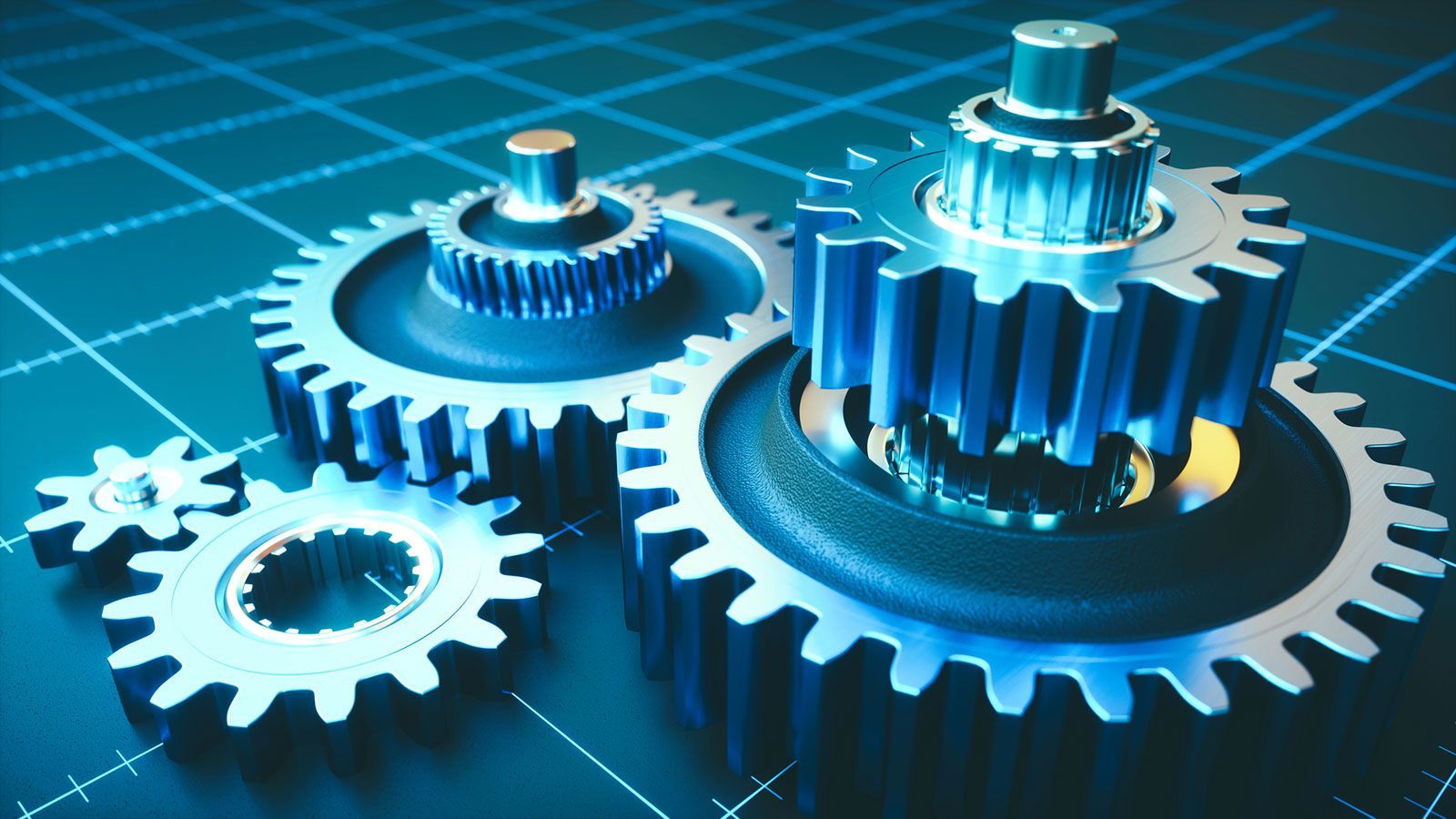
Thinkpath Engineering Services, LLC (TES) a world leader in customized engineering and documentation services, has been awarded a three-year contract estimated at $17,300,000 USD to provide Technical Publication Services in support of Lockheed Martin’s C-5 and C-130 programs. Headquartered in Miamisburg, Ohio with offices in Indiana, Florida, Georgia and Ontario (Canada), TES provides a wide range of engineering services including Design Engineering, CAD Services, Technical Documentation, and Technical Placement to clients in a variety of industries including aerospace, defense, automotive and healthcare. Under the contract, TES will be responsible for preparing new and revised Technical Manuals associated with Lockheed Martin’s C-5 and C-130 aircraft both domestically and internationally. Specifically, TES will be responsible for technical documentation services to include: tagging, writing, editing, quality control, linking, publishing, data management, illustrations, programming, and other specialties as required. The majority of the services will be performed out of TES’ 6,000-square-foot facility located in Marietta, Georgia. TES’ team will work closely with Lockheed ensuring quality on-time deliveries. Robert Trick, President and COO, says: “We are extremely proud to be selected to support this very important technical documentation initiative. TES will be supporting Lockheed’s US and foreign customers with our demonstrated expertise in documentation services. We look forward to building upon our long-standing relationship with Lockheed.” About Thinkpath Engineering Services, LLC.: Thinkpath Engineering Services, LLC (TES), an ITAR and CGP registered company, is a world leader in customized engineering solutions that offers clients a wide range of support services guaranteeing timely, efficient, and cost-effective completion of projects. For 48 years, TES has been providing Design Engineering, CAD Services, Technical Documentation, and Technical Placement to its customers in the aerospace, defense, automotive, and healthcare industries. TES is headquartered in Miamisburg, Ohio, and has offices in Columbus, IN, Tampa, FL, Marietta, GA, and Toronto, ON.

The future of mechanical engineering is expected to be dynamic and promising, driven by advancements in technology, sustainability, and automation. Here are some key aspects that will shape the future of mechanical engineering: 1. Technological Advancements: Mechanical engineers will continue to leverage emerging technologies such as artificial intelligence (AI), machine learning, robotics, and 3D printing. These technologies will enhance the design, manufacturing, and maintenance processes, leading to more efficient and innovative solutions. 2. Sustainable Engineering: With the growing concern for the environment, mechanical engineers will play a crucial role in developing sustainable solutions. This includes designing energy-efficient systems, renewable energy technologies, green manufacturing processes, and eco-friendly materials. 3. Automation and Robotics: Automation will revolutionize various industries, and mechanical engineers will be at the forefront of designing and implementing automated systems. This includes robotics in manufacturing, autonomous vehicles, drones, and smart infrastructure. The integration of AI and machine learning will enable machines to learn and adapt, making them more efficient and reliable. 4. Internet of Things (IoT): The IoT will connect various devices and systems, allowing real-time data exchange and remote control. Mechanical engineers will be involved in developing IoT-enabled products and systems, such as smart homes, wearable devices, and industrial automation. This will lead to improved efficiency, predictive maintenance, and enhanced user experience. 5. Biomechanics and Medical Engineering: The field of biomechanics will continue to grow, with mechanical engineers contributing to the development of advanced prosthetics, medical devices, and rehabilitation technologies. This includes the design of artificial organs, exoskeletons, and assistive technologies to improve the quality of life for individuals with disabilities. 6. Aerospace and Defense: Mechanical engineers will continue to play a vital role in the aerospace and defense industries. They will contribute to the design and development of advanced aircraft, spacecraft, missiles, and defense systems. This includes areas like aerodynamics, propulsion systems, materials science, and structural analysis. 7. Global Challenges: Mechanical engineers will be instrumental in addressing global challenges such as climate change, resource scarcity, and urbanization. They will work on developing sustainable infrastructure, efficient transportation systems, and clean energy technologies to create a more sustainable future. Overall, the future of mechanical engineering is exciting, with opportunities for innovation, sustainability, and societal impact. As technology continues to advance, mechanical engineers will be at the forefront of designing and implementing solutions that improve our lives and shape the world around us.





